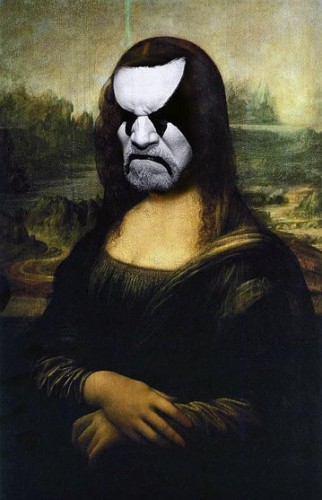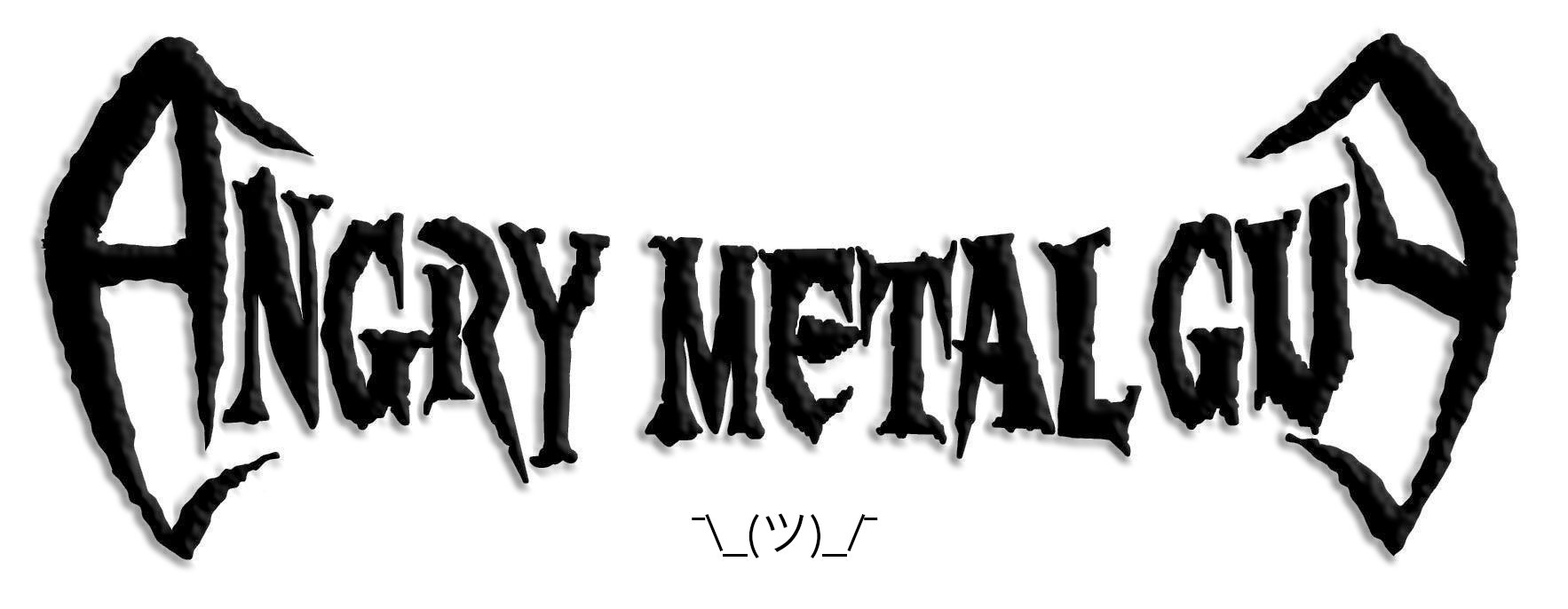 Recently Steel Druhm outlined with some bittersweet memories the evolution of the music industry away from the prized formats of the CD and the LP (and cassette – but let’s not kid ourselves, liking cassettes is basically just proof that you’re trve ’cause you’re using the shittiest technology possible). But one of the things he didn’t touch on was the societal implications of the process he was talking about. Now I understand that this is a metal blog and that if I wanted to start AngrySociologyGuy.com I am free to do so; but bear with me, because I don’t feel like starting a new blog just to hash through the concept of ownership.
Recently Steel Druhm outlined with some bittersweet memories the evolution of the music industry away from the prized formats of the CD and the LP (and cassette – but let’s not kid ourselves, liking cassettes is basically just proof that you’re trve ’cause you’re using the shittiest technology possible). But one of the things he didn’t touch on was the societal implications of the process he was talking about. Now I understand that this is a metal blog and that if I wanted to start AngrySociologyGuy.com I am free to do so; but bear with me, because I don’t feel like starting a new blog just to hash through the concept of ownership.
The development of the protection of Intellectual Property in its current form is arguably in the process of changing how we think about ownership. With time and consumerism we have seen a sharp uptick in things that we don’t expect to own for long periods of time – such as chairs or tables, which people who have the money switch out willy nilly, as suggested by IKEA. But one thing that we have continued to do is amass media collections: LPs, Cassettes, CDs, DVDs, VHS, and so forth. All of these things are protected by intellectual property rights. It is not the tape itself which is protected – but the intellectual property on it. But this was of little consequence because it was difficult to break copyright law. Instead, artists spent their time complaining about the selling of used CDs – which they called theft – because they didn’t get royalties on them.
But that raises an interesting question: Are you allowed to sell the mp3s that you’ve purchased from iTunes? Well, Redigi says you can. But they’re also being sued and the judge thinks they’re going to lose eventually. How about inheritance? If I amass LPs, CDs, or hell, even cassettes – I can give these as inheritance to my descendants. My children can be stuck forever with my special edition of Rhapsody of Fire’s The Frozen Chaotic Tears of Infinite Angels, and who knows, sell it some day to pay for the psychological treatment they’ll need. And if I amass a whole bunch of books, those tomes on slaying dragons, wandering through dungeons, or sucking the blood of the innocent while feeling bad about it, can all be passed on. But if I amass 19,000 tracks via iTunes? Not a single one of those can be passed on, due to a non-transferrable license. If I purchase 1984 on Kindle – the company has the right to delete it.
Combine this with another thing: up until now we rarely broke copyright laws. Sure, technically, if I were to copy to an LP to a tape and give it to a friend I was in contravention of copyright law. But, of course, this did no rights holder harm and the copies were poor anyway (’cause cassettes suck). The only time copyright law was ever considered to be at risk was if a bootlegger made copies en masse and sold them. With the digitization of media, it is suddenly became possible for Joe Metalhead to rip the new Mayhem record and release it online. Suddenly 1-to-1 trading was fast, easy, bordering on anonymous and in near-perfect quality. With the invention of BitTorrent and the dawn of widely available broadband, this was taken to new levels. Not because we all suddenly became a bunch of thieves, but because we could. The technology was there and we began interacting with the world differently.
The response has therefore been to tighten the copyright reins. Instead of figuring out how to compete with this, licensing has been made even more convoluted, difficult to get through and while intellectual property is now available online for purchase – it is instead just a license. We don’t own iTunes tracks; we rent them. Sure, we rent them for our whole lives (or until the iTunes store shuts down…) and then it expires, but there are other consequences of this. For example: I share a computer with Angry Metal Girlfriend. She and I have different profiles on that computer, and those files are not available to us on both sides. If I had LPs or CDs, Angry Metal Girlfriend could go pull out my copy of whatever and play it. Technically, because of individualized purchasing and ownership, she has to own a copy of something in order to legally listen to it. Another example? Mass Effect 3 multiplayer gives you 1 online pass. So if two people want to play multiplayer in the same house – say for example that they purchased the game together – they both need to pay unless they are using the same profile (and thereby saving over each other’s games).
So three things are happening simultaneously: first, we have access to more than we’ve ever had access to before (both legally and not), but ownership is changing and it’s essentially becoming individualized licensing. My girlfriend and I need separate Spotify accounts. We need separate XBox Live accounts and separate Apple IDs. Who is this good for? Does this improve the user experience? Maybe in some ways, but generally it seems to me like it’s really good for owners of content and producers of content who are protected by law. But I’m not sure that it’s very good for consumers – who accrue nothing of value in the process of purchasing these licenses and have nothing to show for it when they’re done. My CD collection was essentially self-perpetuating after a while. I used to buy new CDs (and some used CDs) and sell old ones that I didn’t like or didn’t want anymore. Often times the reason I could buy 15 or 20 CDs a month is because I was selling a ton and therefore funding the process. Now, if I purchase mp3s, a NetFlix membership, a Spotify membership or something of the sort, I’m throwing that money down a well. I’m paying rent instead of a mortgage.
What are the possible side-effects of a change in ownership? How is this going to change how we own other things? How is this going to affect our acquisition of wealth or even what we are willing to accept in terms of ownership in the future? These are academic questions, certainly, but the more power we give to these interests and the more we legislate in their favor to protect their business model, the more we change the face of ownership. Are these changes good for anyone who doesn’t own a copyright? Should we be legislating for the purpose of protecting someone’s business model?


















